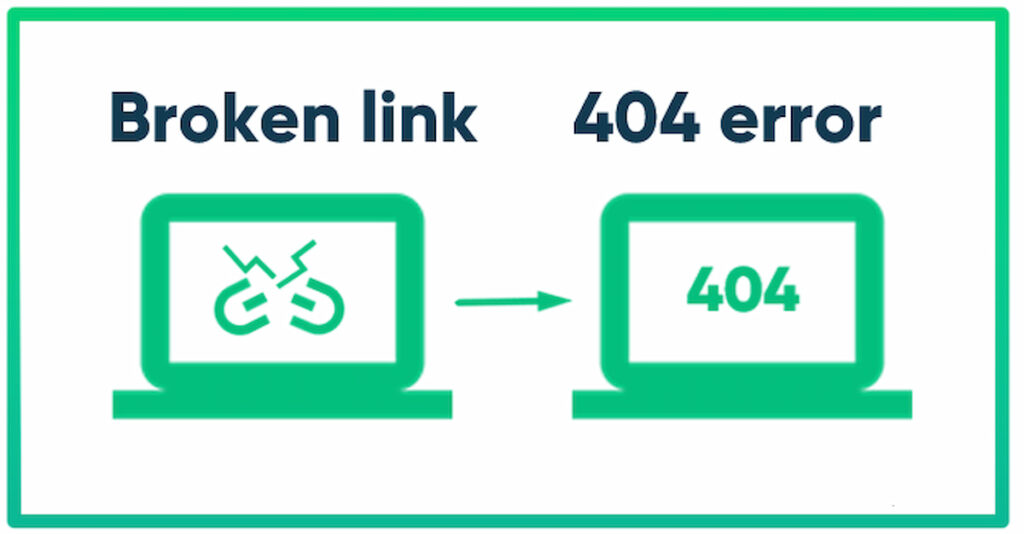In the dynamic landscape of online commerce, effective search engine optimisation SEO serves as the cornerstone for driving significant traffic to e-commerce platforms. Leveraging SEO strategies seo services in UK tailored specifically for e-commerce websites is pivotal in maximising visibility, attracting potential customers, and ultimately boosting sales. By strategically optimising product descriptions, meta tags, and site structure, e-commerce businesses can enhance their online presence. Crafting compelling content, ensuring mobile responsiveness, and fine-tuning technical aspects all play a crucial role in securing a competitive edge in the ever-evolving digital marketplace. The amalgamation of these strategies forms the bedrock for a robust SEO framework, essential for thriving in the highly competitive e-commerce realm.
Keyword Research:
Selecting the right keywords is fundamental for successful e-commerce SEO. You can identify terms that reflect user intent and match your products or services by conducting thorough keyword research using tools like Google Keyword Planner or SEMrush. Target long-tail keywords specific to your niche, including product names or descriptive phrases. Understanding search volume and competition is crucial. These keywords should seamlessly integrate into product titles, descriptions, meta tags, and URLs, providing relevance without overloading content. By selecting and strategically implementing these targeted keywords, your e-commerce platform can better align with user searches, increasing the probability of higher organic traffic and better search engine rankings.
Use Structured Data:
Implementing structured data on your e-commerce website is pivotal for improving search engine visibility. By integrating structured data markup, such as schema.org, you provide search engines with specific details about your products, enabling rich snippets in search results. This enhanced information, like product ratings, availability, and pricing, not only improves the appearance of your listings but also increases the chances of higher click-through rates. It assists search engines in understanding and categorising your content accurately. Utilising structured data helps deliver a more informative and enticing experience for potential customers while positively impacting your site’s SEO performance.
Optimise Product Images:
Optimising product images is crucial for enhancing both user experience and SEO. Ensure faster loading times for your e-commerce site by compressing images to minimise file sizes without compromising quality. Utilise descriptive filenames and incorporate relevant keywords into image alt text, aiding search engines in understanding the content of the images. High-quality, visually appealing images not only attract customers but also contribute to better conversion rates. Implement responsive design to ensure images adapt well to different devices, improving overall user experience. By optimising product images, you enhance site performance, increase visibility in search results, and create a more engaging shopping environment for your visitors.
Structured Data Markup for Rich Snippets:
Structured data markup, an integral part of SEO, enables the presentation of specific information in search results, enhancing visibility and user engagement. By utilising structured data, such as Schema.org markup, e-commerce sites can provide search engines with crucial details about products, reviews, pricing, and availability. This structured data helps in generating rich snippets, displaying additional information like star ratings, product availability, and pricing directly in search results. Rich snippets grab user attention, improving click-through rates and aiding in better-qualified traffic acquisition. Implementing structured data markup is essential for e-commerce SEO, as it enriches search results and boosts the likelihood of attracting potential customers.
Optimise Your URL Structure
Optimising your URL structure is pivotal for e-commerce SEO success. Create clear, concise, and descriptive URLs that reflect the content they lead to. Avoid generic URLs and instead include relevant keywords that convey the page’s purpose. Keep them short and readable, facilitating user understanding and search engine crawling. Utilise hyphens to separate words for improved readability and avoid special characters or ID numbers whenever possible. Implementing a well-structured URL not only enhances user experience but also contributes to higher search engine rankings by making it easier for search engines to comprehend and index your site’s content.
Quality Content Creation:
Creating high-quality content is the cornerstone of successful e-commerce SEO. Engaging, informative, and unique content plays a pivotal role in attracting and retaining customers. By crafting compelling blog posts, articles, or guides related to your products, you not only enhance your site’s visibility but also establish authority and trust within your niche. Through the integration of relevant keywords and providing valuable information, your content becomes a magnet for both search engines and potential customers. By consistently offering informative and valuable content, you can effectively address user queries, foster brand loyalty, and drive organic traffic to your e-commerce platform.
Clean Up Broken Links:
Cleaning up broken links on your e-commerce website is critical for maintaining a seamless user experience and enhancing SEO performance. Broken links, also known as 404 errors, can frustrate visitors and hinder search engine crawlers from effectively indexing your site. To address this issue, conduct regular link audits using tools like Google Search Console or website crawlers to identify broken links. Once identified, replace or update the broken links, redirect them to relevant pages, or create custom 404 error pages with helpful navigation. By regularly maintaining and fixing broken links, you ensure a smoother browsing experience for visitors and signal search engines that your site is well-maintained.

Keep Your Website Secure With HTTPS:
Securing your e-commerce website with HTTPS (Hypertext Transfer Protocol Secure) is vital for safeguarding sensitive data and boosting SEO. HTTPS encrypts the data transmitted between a user’s browser and the site, ensuring confidentiality and integrity. Search engines like Google prioritise HTTPS-enabled sites, potentially improving search rankings. This secure connection builds trust with users, assuring them that their information is protected. It’s an industry-standard security measure, especially crucial for e-commerce platforms handling transactions and personal data. Implementing HTTPS not only fortifies your website against cyber threats but also signals credibility, assuring customers that their online interactions are safe and private.
Remember, SEO is an ongoing process that requires constant monitoring, analysis, and adaptation to changing algorithms and trends. Regularly assess your website’s performance and make adjustments as necessary.











